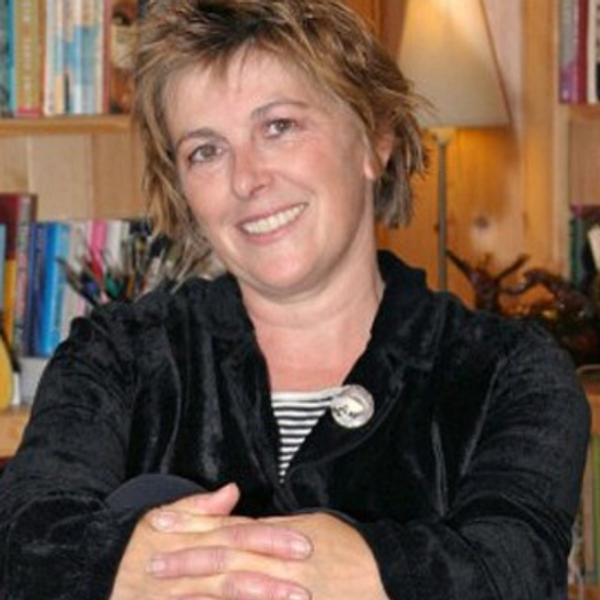There are many different kinds of creative processes and most people do have a preference. My personal favorite is the art of “worldbuilding”.
Worldbuilding is the process of designing a fictional reality and/or universe for a work of fiction. It is a fundamental part of any intended work which delves outside the realm of known possibility. It grants a kind of freedom to the creator. Whatever knowledge is held by the author at the time can be simultaneously used and discarded as seen fit. One can “build” a new world just by altering a few key events in human history. Or, for the more adventurous type, start all over and develop a new and bizarre way the universe is structured.
As far as I can tell, there is no real system or procedure one should follow in order to properly worldbuild. The main issues occur when key elements are not covered or are neglected. A good example would be if I were to tell you about a story of a world in which everything was the same except potatoes did not exist. This is a problem. You may be wondering how this is a problem (aside from losing chips, fries, mashed potatoes, latkes, etc.). Well, for all of you history buffs out there, remember the Irish Potato Famine which lasted from 1845–49? This could not have happened if potatoes did not exist. So what does this change? Probably nothing, probably many things, but what matters with worldbuilding is acknowledging the lack of such an event could have altered the present drastically.
That was a simple concept and similar methodologies have been used. There are TV shows where guns are nonexistent, so things proceed normally aside from this. A more drastic representation of worldbuilding would be the concept of Fluidic Space from Star Trek, which is an entire universe where space, instead of being a vacuum, is filled with an organic fluid, with the closest things to existing celestial bodies are massive coral-esque structures. The author Brandon Sanderson is quite adept at effective worldbuilding in his stories. One of his recently-concluded teen novel series does show the effect of changing one event through inter-dimensional travel. In another series he is working on, he has decided to make use of time-skips so as to break the trope of fantasy being stuck in the Medieval Era.
In my free time, or when I would rather be doing something other than what I should be doing, I engage in worldbuilding to pass time. I find it quite enjoyable to imagine a race of creatures which have no physical form, and set them in a place where plants are carnivorous and animals photosynthesize. A world where the laws of gravity are counterintuitive to what we experience daily and things are repelled from larger objects. Where language is determined by scents, mood conveyed through coloration, and motion controlled by thought. Envisioning these things that cannot be entirely visualized in reality, and to formulate reasons why it could work, is an entertaining mental exercise allowing me to escape the day-to-day.





















